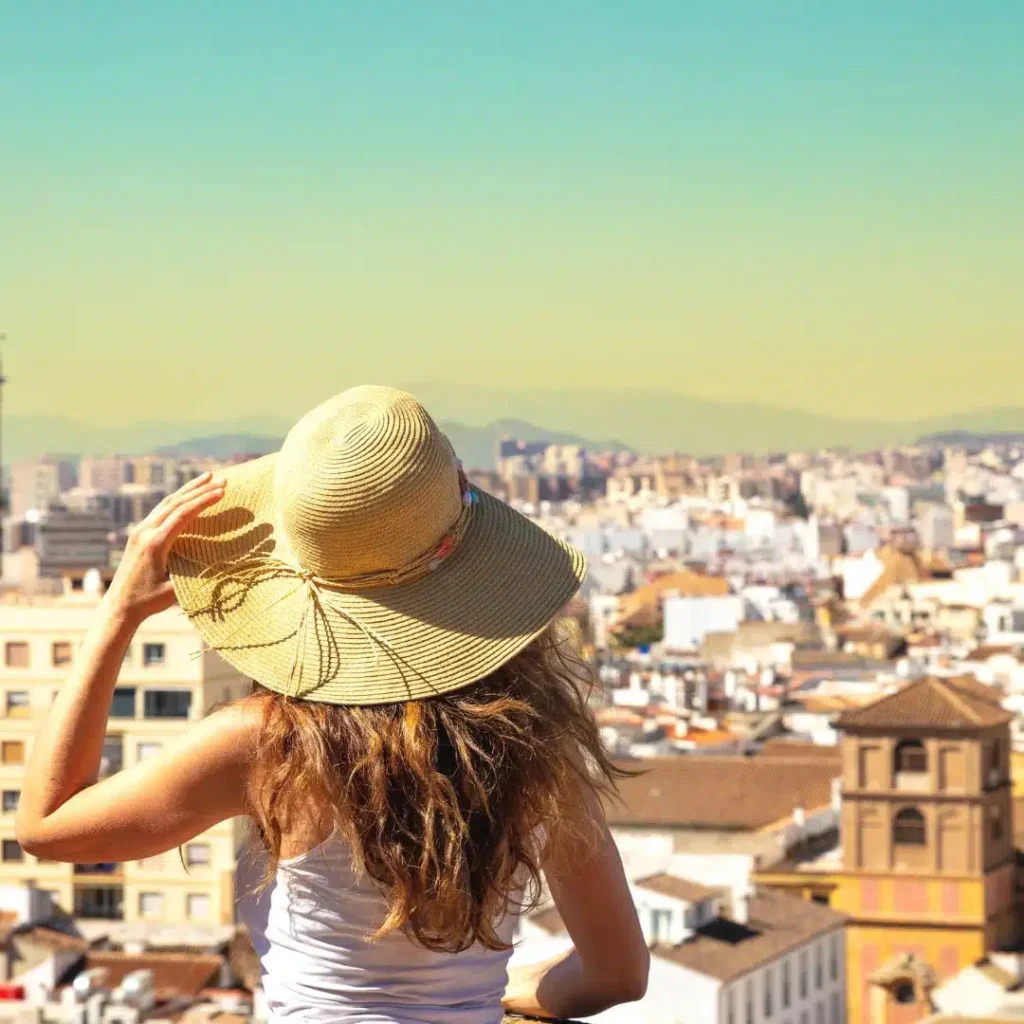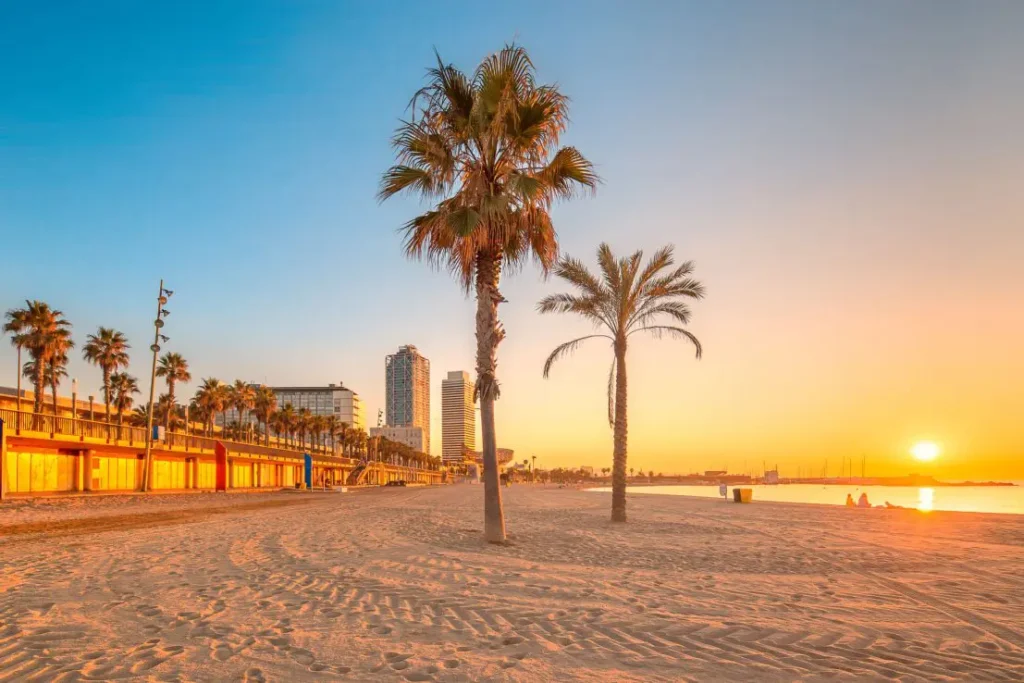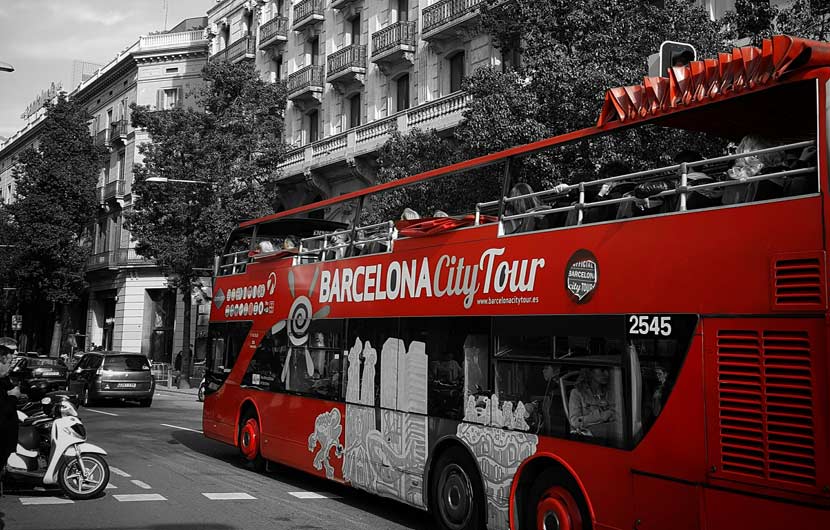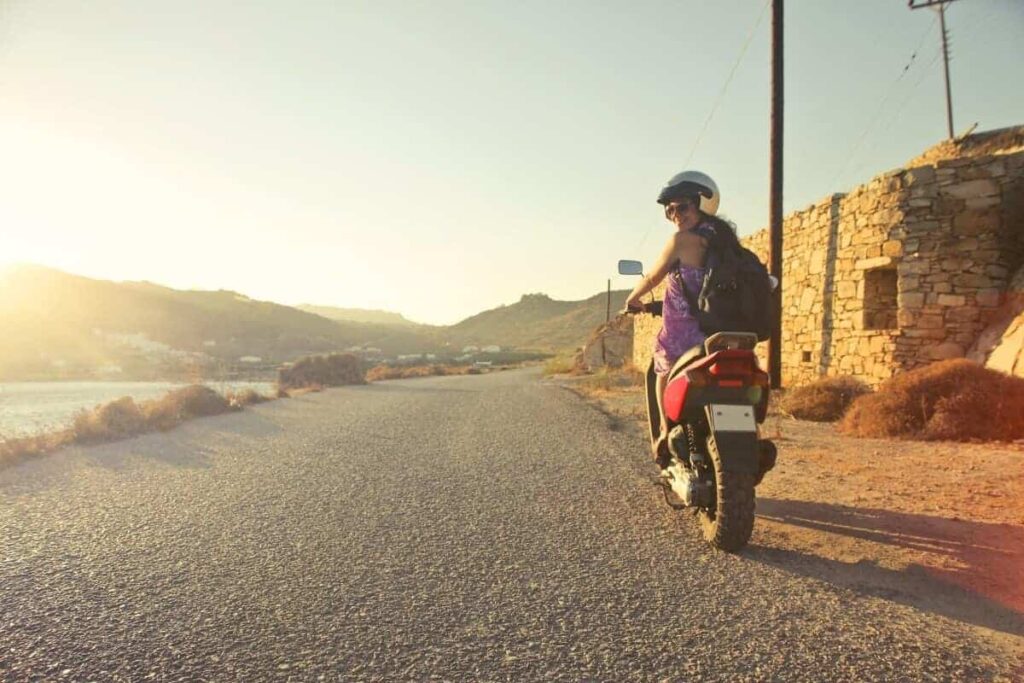How to Travel Spain Safely as a Woman Alone
Spain is one of Europe’s most beautiful and diverse destinations, with a rich cultural, historical, and natural heritage. From the vibrant streets of Barcelona to the sun-kissed beaches of the Costa del Sol, Spain has endless opportunities for solo travelers to discover its allure. However, for solo female travelers, maintaining personal safety while having an unforgettable experience is critical. This essay offers essential tips for solo female travelers to safely explore Spain, covering topics such as preparation, cultural awareness, lodging, transportation, and safety precautions.

Research And Get Ready
To make informed decisions when traveling solo female in Spain, research the country’s geography, key cities, and tourist attractions. Familiarize yourself with each region’s culture, climate, and atmosphere. Research safe neighborhoods in cities like Madrid and Barcelona, and book accommodations with high ratings from fellow female travelers. Online travel platforms can filter for safety features.

Recognizing the Culture
Spain’s warm and hospitable people have unique customs and norms, so being aware of these can help blend in and avoid unnecessary attention. Dress modestly, especially when visiting religious sites or conservative towns, and avoid flashy jewelry. Understand local schedules to plan your day and avoid wandering during business closures.

Choices In Accommodation
Your travel experience can be significantly impacted by your choice of lodging. Choose lodging options like hotels, hostels, or vacation rentals that have robust security features like CCTV cameras, round-the-clock reception, and good reviews from other female travelers traveling alone. Spain has a lot of hotels in the heart of the city, which makes it easier to explore the surrounding areas without having to make long commutes or brave lonely streets at night.
Consider selecting female-only dorms if you’re staying in a hostel; they offer a higher level of comfort and security. In order to provide an additional degree of security, some lodgings also provide social events where you can meet other tourists. This can be a great way to connect with people and find companions for specific excursions.

Safety In Transportation
Spain’s public transportation system is reliable but requires caution in large cities like Madrid and Barcelona. Carry a secure crossbody bag to avoid theft. Use reputable taxi services and ensure the meter is running. When renting a car, choose a trusted company and familiarize yourself with Spanish road rules. Avoid late night driving and park in well-lit areas.

Personal Safety Guidelines
Solo travelers should be aware of their surroundings, especially at night, and avoid short cuts in populated areas. Familiarizing oneself with Spanish phrases can be helpful in emergencies. Greeting with “hola” is polite, but avoid long conversations or long conversations with strangers. Regularly check in with home about your travel itinerary and day-to-day plans.
Contact Information For Emergencies And Insurance
While Spain is generally safe for solo female travelers, emergency preparedness is still essential. Save the local emergency number, 112, to your phone and become acquainted with the nearest embassy or consulate in case of legal or medical emergencies. Purchasing travel insurance is an important step in ensuring that you are covered in the event of illness, accident, or theft during your trip.
Be Confident In Your Instincts
Finally, always trust your instincts. If something does not feel right, don’t be afraid to leave the situation, whether that means declining an invitation or leaving a specific location. Spain is full of friendly people and unforgettable experiences, but your safety should always be a priority.

Conclusion : To summarize, traveling solo as a female in Spain can be a liberating and enriching experience. Solo female travelers can explore Spain with confidence and create unforgettable memories by conducting extensive research, remaining culturally aware, selecting safe accommodations, and adhering to common-sense safety practices.
